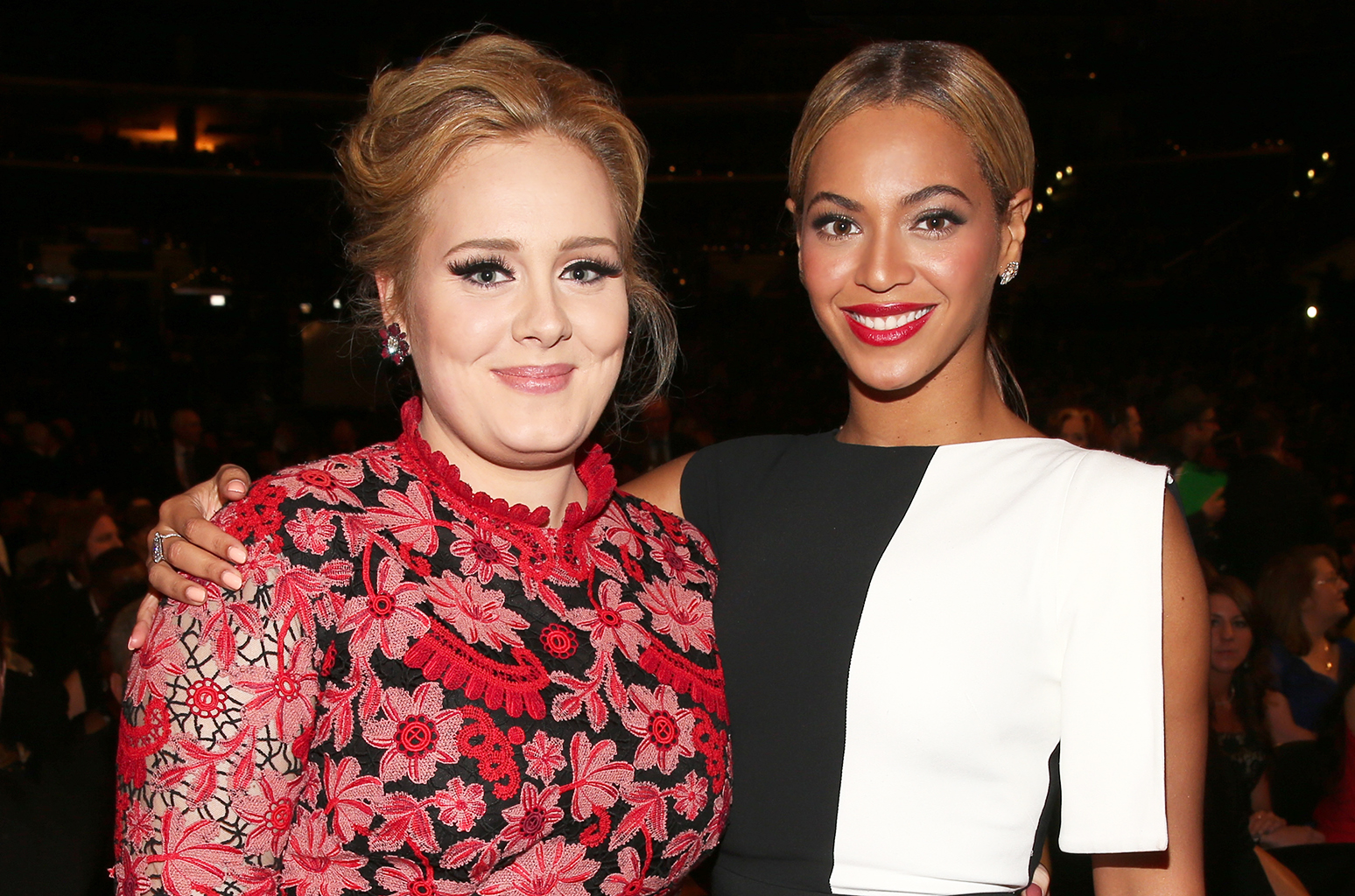Media attention is something Adele can often be seen to be withdrawing from, leading a private life as far away from the public eye as she can manage. In spite of these efforts, the well loved singer has drawn a wealth of media attention for one of her speeches at the Grammy’s. Perhaps it is an unsurprising event considering the recent trend – particularly for the first awards season under President Trump – of politicisation at award ceremonies, but there are some incredibly significant factors that distinguish Adele’s speech from those of her fellow celebrities.
When Beyoncé dropped Lemonade, her most recent album, without a hint of what was coming or any of the usually required promotional work, many claimed she had ‘broken the internet’. With a full length video accompanying the songs – originally kept exclusively at her husband’s streaming service, Tidal – Beyoncé dominated the pop culture buzz for weeks and the album became her sixth to sell over a million copies in the US alone. Critics and fans alike raved about the new work, but it did not attract everyone alike.
Arguably the most significant element of her latest album was the way it addressed issues of race, and proclaimed a feminist message that was intended to boost the black female population – a worthy piece of black girl magic. While her work has previously been widely popular among all kinds of people, there were people this time that did not necessarily understand how she could have released something that was not intended to be as universally adored as her other work. Lemonade was primarily for black women, an ode to black culture and expressing black girl magic in a way that not many high profile and mainstream musicians had done – at least not with the reach and fame that Beyoncé enjoys.
This explicit and unabashed dedication to black women has unfortunate consequences when it comes to award seasons. Previously criticised by a wide variety of famous figures, it is not new information that within a number of awards committees there is an implicit racial bias. It comes hand in hand with the discrimination people of colour face in the creative industries, and is something that is long overdue a solution. When Beyoncé did not win record of the year at the Grammy’s, with it instead being awarded to Adele, many were confused and disappointed. Including Adele.

In a culture of women being encouraged to compete with one another in the mode of dragging another down to boost themselves, and a society that lends its ear to white feminism but is often silent when issues of gender equality is undeniably and unsurprisingly entwined with issues of race, it is incredibly significant that Adele used her acceptance speech to acknowledge the mastery of Beyoncé’s album. Both onstage and backstage, Adele questioned how it came to be that Beyoncé was not in her place. In videos of the event, it is clear to see how the significance of the moment can be felt by both women, as Adele managed to enact a literal representation of the privilege she has as a white woman, despite Beyoncé’s resounding success.
White feminism is a restricted and narrow-minded thing, but as Adele spoke to the respect and gratitude there is within the musical community for Beyoncé as an artist and the impact Lemonade had on her black friends in particular, she was practicing intersectional feminism. She managed to make a political statement that did not immediately stir widespread controversy or hatred, she criticised a powerful institution – in the world of musical award ceremonies – without being rude, and she articulated her statement in a way that celebrated Beyoncé. Adele made herself a figure that other white women should look to if wondering how to prove themselves an ally to their fellow women. It is incredibly important to understand that while there are patriarchal systems in place that work to the detriment of women everywhere, there are also issues in play that makes the discrimination even greater for women of colour – as white women, we have an inherent privilege, and should do as Adele has done.
The last black female artist to win record of the year was Lauryn Hill in 1999, and while Beyoncé is the most nominated female artist of all time, this year marks the three instances in which she has lost out on the award, to three white artists. Adele has given credit where it is due, backstage stated that it was Beyoncé’s ‘time to win’, asking ‘what the fuck does she have to do to win?’ Something that a great many of us are also wondering.
Elise Middleton
(Image: Billboard, The Guardian)

